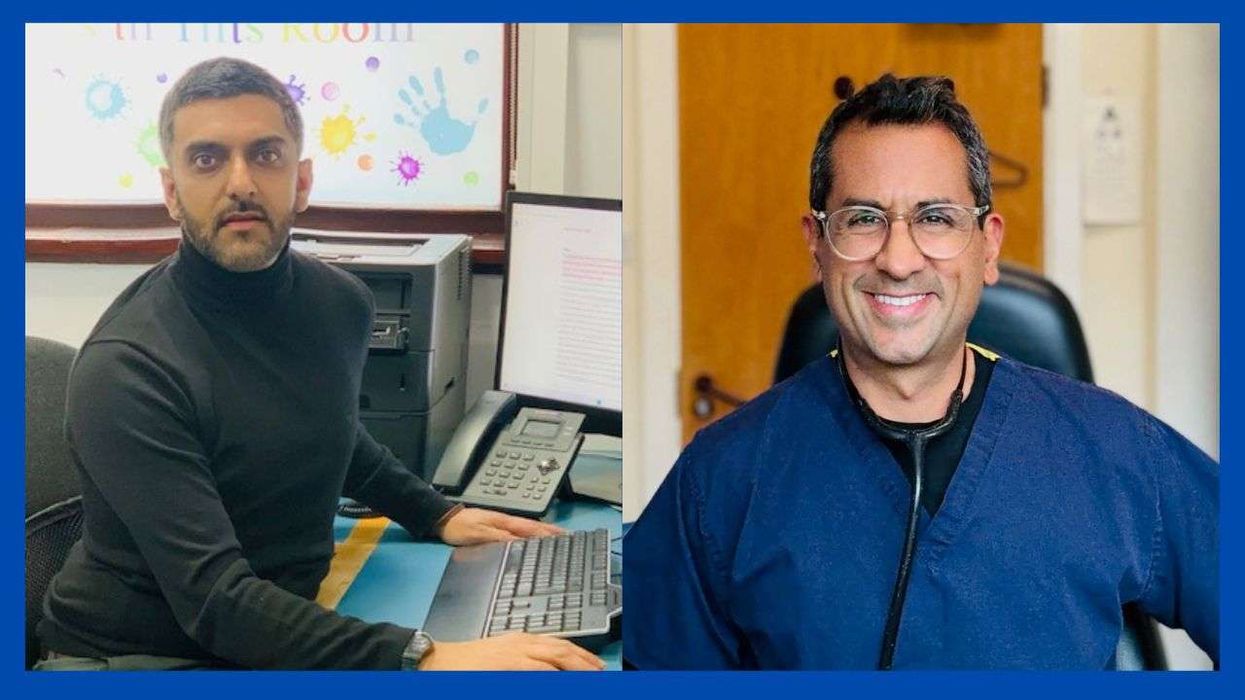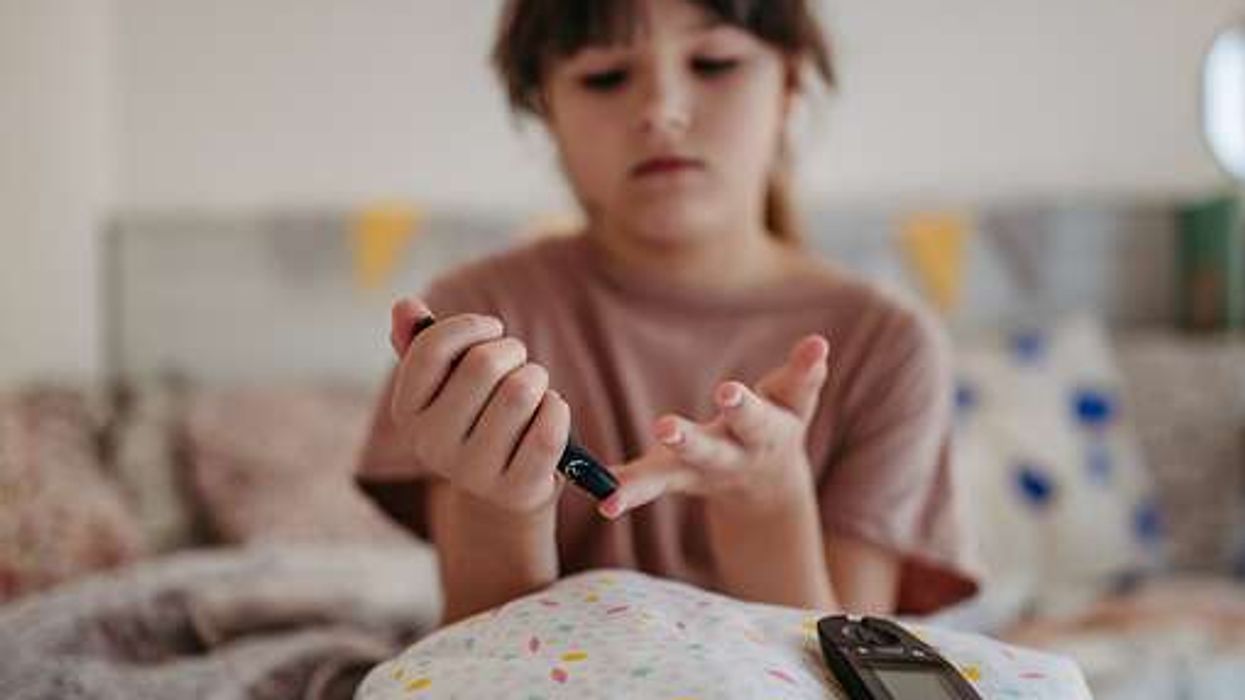A team of medical research and bioethics experts at Oxford University are supporting several European countries to explore the feasibility of a coronavirus mobile app for instant contact tracing.
If rapidly and widely deployed, the infectious disease experts believe such an app could significantly help to contain the spread of coronavirus.
The Oxford University team has provided European governments, including the UK, with evidence to support the feasibility of developing a contact tracing mobile app that is instant, could be widely deployed, and should be implemented with appropriate ethical considerations.
The team recommends that the mobile application should form part of an integrated coronavirus control strategy that identifies infected people and their recent person-to-person contacts using digital technology.
Professor Christophe Fraser from Oxford University’s Big Data Institute, Nuffield Department of Medicine, said traditional public health contact tracing methods are too slow to keep up with the virus.
“Coronavirus is unlike previous epidemics and requires multiple inter-dependent containment strategies. Our analysis suggests that almost half of coronavirus transmissions occur in the very early phase of infection, before symptoms appear, so we need a fast and effective mobile app for alerting people who have been exposed," he said.
Dr David Bonsall, researcher at Oxford’s Nuffield Department of Medicine and clinician at Oxford’s John Radcliffe Hospital, added that not everybody has to use the mobile app for it to work.
"If with the help of the app the majority of individuals self-isolate on showing symptoms, and the majority of their contacts can be traced, we stand a chance of stopping the epidemic," he said.
“To work, this approach needs to be integrated into a national programme, not taken on by independent app developers. If we can securely deploy this technology, the more people that opt-in, the faster the epidemic will stop, and the more lives can be saved.”
Professor Fraser’s team at the Big Data Institute are continuing to simulate performance of the application so it could be adjusted to include mobile app guided coronavirus testing, and or provide targeted responses in areas with particularly high rates of transmission.
Professor Fraser concludes:“Current strategies are not working fast enough to intercept transmission of coronavirus. To effectively tackle this pandemic we need to harness 21st century technology. Our research makes the case for a mobile application that accelerates our ability to trace infected people and provides vital information that keeps communities safe from this pandemic.”











